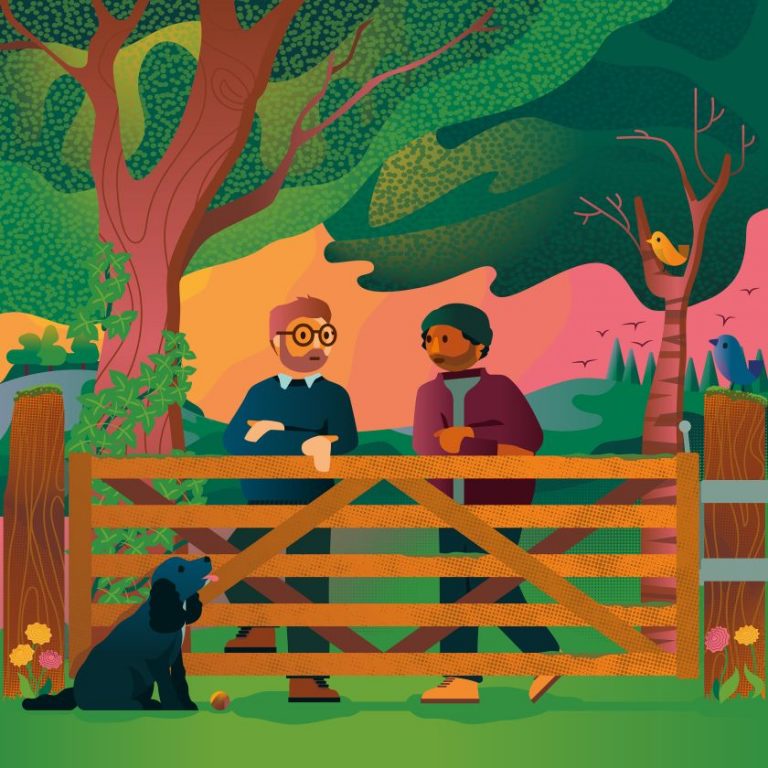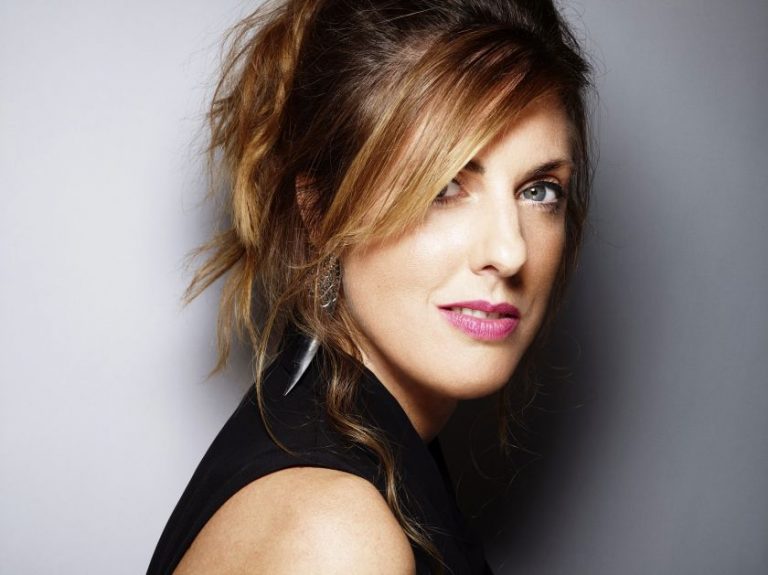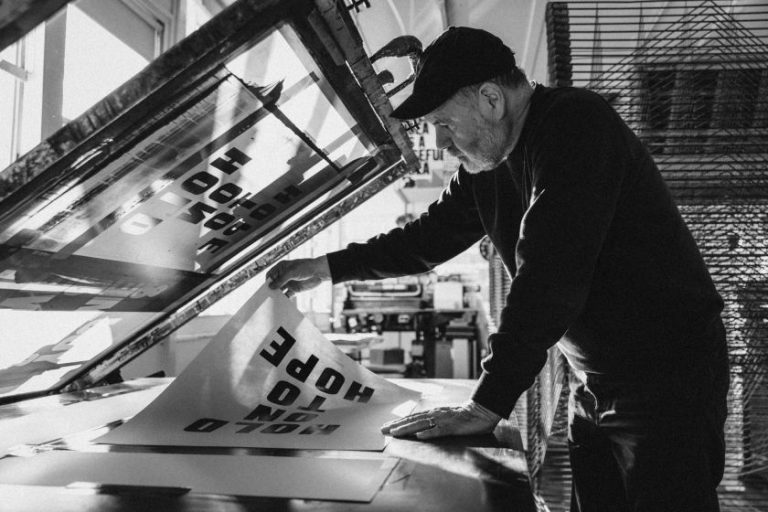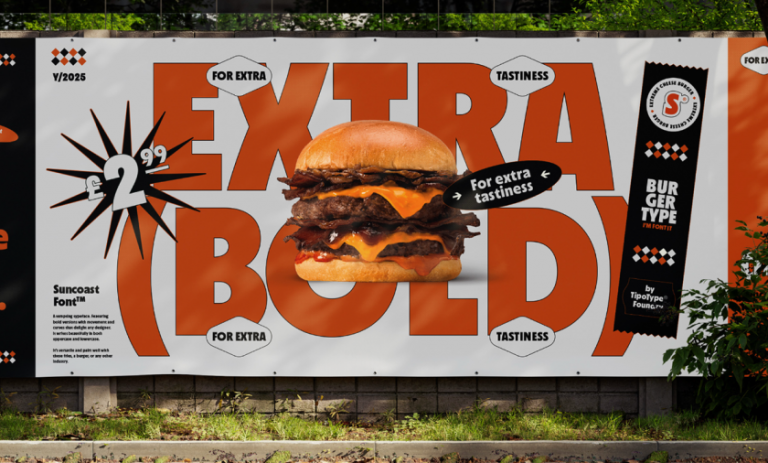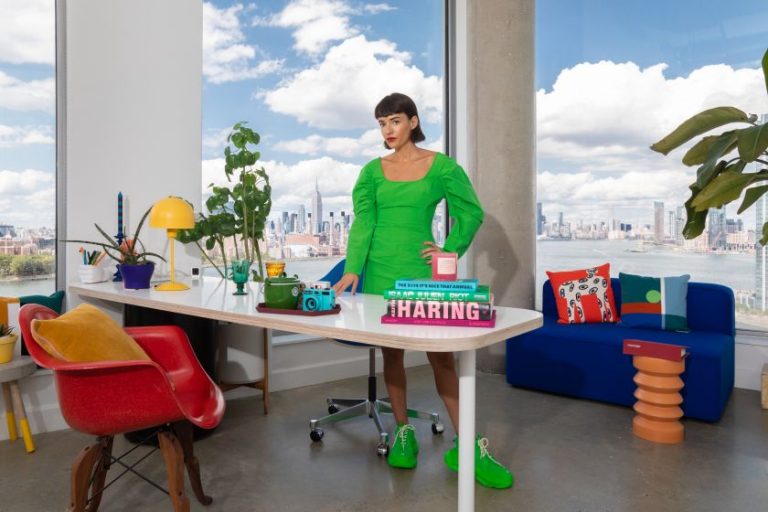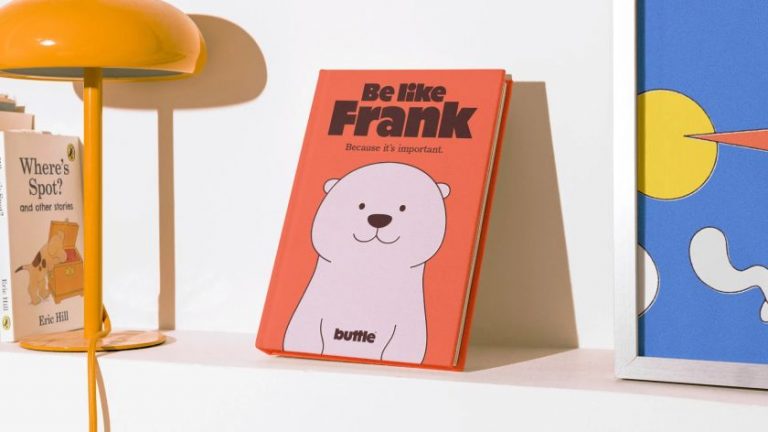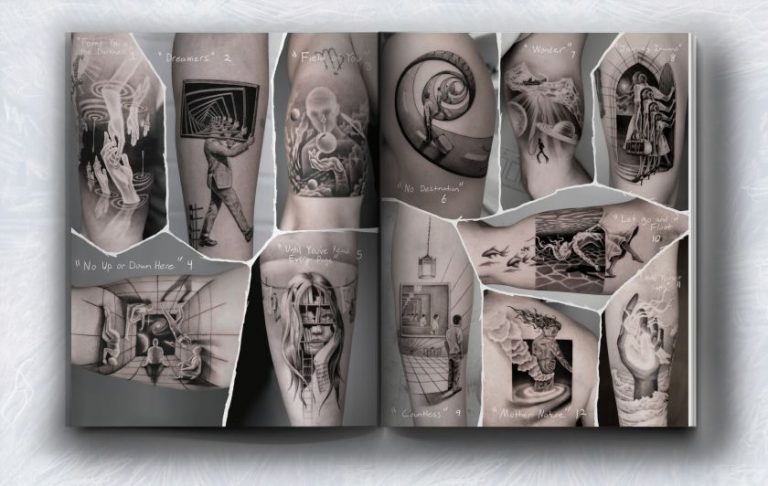In this edition, part of our Work-Life Balance & Boundaries theme, we hear from Esther Fernandez, Gen Z copywriter, content creator, and mental health advocate at Made of Millions, about navigating burnout, managing online visibility, and the difference between going viral and making an impact.
At just 24, Esther Fernandez has already built a powerful platform at the intersection of creativity, content, and mental health. As a copywriter and social strategist at Made of Millions – a nonprofit founded by mental health sufferers and advocates – she’s part of a team creating meaningful, myth-busting content in a space too often flooded with misinformation.
In this refreshingly honest Q&A, Esther opens up about boundary-setting as a digital native, resisting hustle culture in LA, and how small, everyday routines (and good friends with food) help her show up creatively and sustainably.
Have you ever struggled with setting boundaries in your career, and how did you handle it?
I think most people struggle with social media boundaries, and working remotely as a social media manager only exacerbates that. It can be difficult to “clock out” when your workplace is in your pocket at all times. The internet moves quickly, which can create pressure to stay vigilant. When a post does well and begins to pick up traction, when a trend is taking off that you want to participate in, when there’s a big news story circulating – so many factors make it hard to log off.
In the early days of being a content creator, I used to be online at all times. Imagine the dopamine hit of seeing a video gain a million views within a few hours, with thousands of comments spilling in? I’d spend hours scrolling through replies and seeing who was interacting. Plus, talking about mental health is deeply personal and elicits strong responses from people. It took a while for me to adjust to that intensity. It often feels like people are bearing their souls to me and sharing the most difficult experiences they’ve ever had. It can be hard to compartmentalise and not feel overly responsible for their emotions.
I quickly learned I needed to establish a lot of boundaries, especially with the added layer of being a woman online, which naturally brings out sexism or sexualisation. I had to learn how to create a safe environment for myself: filtering words, turning off comment sections, and deleting any threads that get out of hand. I learned to pay more attention to what was dysregulating my body. I have practical rules, such as not checking social media right before bed, and more internal reminders, like not taking any comments too personally. Overall, content creation is fun and exciting, but you need to create safeguards around it.
How do you protect your creative energy while managing deadlines and demands?
I’ve been really into exercising lately, and I like the analogy of weight training: You lift heavy, tear your muscles, and then give your body fuel and rest so it can rebuild your muscles even stronger. You have to have both in order to grow: hard work and recovery. So while it’s tempting as creatives to want to maximise output and never have rest days, I’d encourage people to do what’s most sustainable and healthy instead. They say the best plan is the one that you can actually stick to in the long term.
I also protect my creative energy by feeding myself a variety of inspirational sources. It may seem counterintuitive, but dedicating time to tasks outside of social media can actually elevate your work. I would be a horrible TikToker if all I did was spend my day watching TikTok. Instead, I like to block out time engaging in different media, like reading a book or watching a movie. Even random unrelated hobbies, like dance class, cooking, or doing nothing at all, can help creativity. By being a well-rounded human and allowing my brain time to wander, I’m able to show up with new, unique perspectives instead of getting caught in an echo chamber online.
Your favourite artists and creatives are your favourites because they have an interesting story to tell, and they know how to tell it well. You can’t do that if you’re just glued to a computer, cycling through the same pages and stressing all the time. So don’t be afraid to take the break and walk around the block or annotate the love poem. It might give you a new idea or motivation that you need.
Have you ever felt pressure to constantly ‘hustle,’ and how do you push back against that?
I’ve lived in the LA area for nearly three years now, and it’s very easy to get caught up in the hustle culture here. Everyone you bump into at the coffee shop is a content creator with millions of followers, juggling dozens of creative projects at once. It’s easy to compare yourself and feel like your creativity is reduced to metrics. How many followers do you have? How many views are you getting? For a long time, I felt pressured to post every day in order to keep up. However, just because it’s technically true that posting more often increases your chances of virality, doesn’t mean it’s producing lasting work.
There’s this video from an artist I love, Struthless, where he talks about the difference between width and length. It’s this idea where artists focus too much on width, spending shorter amounts of time pumping out viral content. Yes, your net is wider, but you aren’t engaging with audiences in an impactful way, and it’s harder to keep that mass attention. A million people might have seen your 5-second video, but they’ll forget about it a week from now. However, when you focus on depth, you spend more time tailoring a message to a niche group of loyal supporters. These are the people who are likely to stick around and actually invest in your career.
That shift from width to depth released a lot of the pressure to constantly go viral. It made me realise that I need to create a better relationship with the followers we have now, rather than chasing the insatiable high of metrics and numbers. Circling back to living in LA, you can tell when someone you meet is unhappy with their career. There’s a sense of desperation in constantly seeking 15 minutes of fame, completely disregarding the human in front of them. If your goal is to make as much money as possible, this is a great strategy. However, I’ve found so much more fulfilment focusing on the process itself. Creating good art with good people feels more like the point to me than “hustling” ever will.
What does a balanced life look like for you, and how do you work towards it?
For me, the only way I stay balanced is by planning out my day. I know that might seem claustrophobic to a lot of people, but I find that having set times for everything helps me avoid feeling panicked by the end of the day. I don’t know how it’s possible to maintain a healthy sleep schedule, exercise, work, and maintain friendships without planning it all out in your calendar.
That being said, I think a big issue people run into when it comes to creating a balanced life is being unrealistic with how long things take. I’m actually ridiculously particular when it comes to creating a schedule, down to knowing how long it takes to do my skincare routine before bed. Knowing all of this allows me to tackle each day like a giant puzzle: if I have a blank amount of hours, what can I actually fit into this day? What time killers do I need to sacrifice in order to maintain a balanced life?
When you really map it out, you learn how to put down the phone in order to clean the house and cook dinner so you can stay on schedule. It takes a lot of discipline, but as I mentioned earlier, I end up feeling significantly less panicked by the end of the day, knowing I stuck to the plan.
As for what exactly I schedule into my day, I always try to prioritise rest, movement, and nutrition. I know I can’t show up and perform my best if I don’t get my basic needs met. I also work remotely, so I try to co-work with friends or work from coffee shops as often as I can. This is where community plays a huge role. Humans aren’t meant to sit at home all day and stare at screens by ourselves, despite our stubbornness to be entirely self-sufficient.
We need good support systems that can affirm us when the hate comments become too much. We need that friend to shut the laptop down and give us the plate of food when it’s way past dinner time. While it may feel annoying or counterproductive in the moment, you’ll realise that taking care of one another is the only way to get by in the long run.

